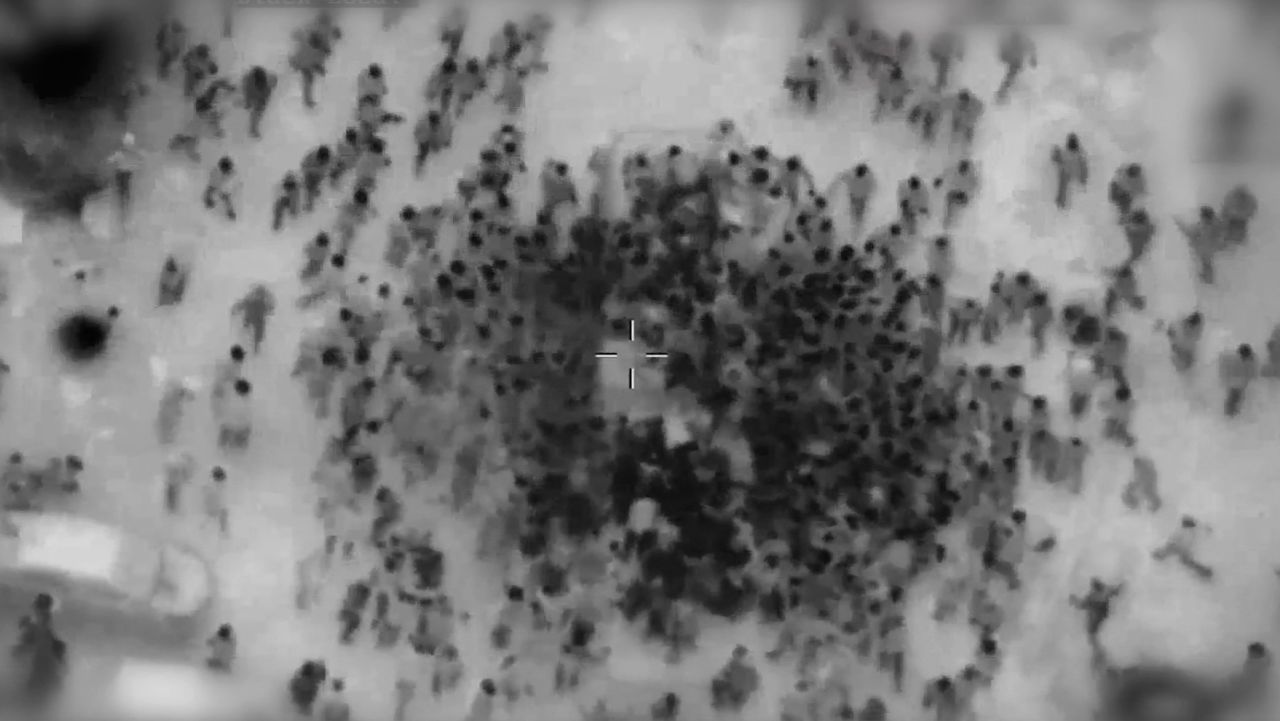Iran’s supreme leader Ayatollah Ali Khamenei has warned that Israel “must be punished and it will be,” for a deadly bombing of its consulate in Syria.
The airstrike, which Iran blamed on Israel, destroyed the consulate and killed seven Iranian officials, as well as at least six Syrians, according to Iranian state television. Iran subsequently vowed revenge.
Iran has vowed retaliation — an escalation of regional tensions over the war in Gaza that appeared to raise the risk of a wider Middle Eastern conflict.
“When they attacked our consulate it was like attacking our soil. This is an international norm. The evil regime made a mistake and must be punished and it will be,” Khamenei said in a televised statement Wednesday.
Some context: Israel has intensified its longstanding military campaign against Iran and its regional proxies following the October 7 attack by Tehran-backed Hamas.
The strike in Damascus is a significant escalation because the consulate is considered sovereign Iranian territory, raising the risk of a wider Middle Eastern conflict.
What Israel says: After the strike, the Israeli military said it would not comment on foreign reports. But a military spokesperson said Israel believed the target was a “military building of Quds forces” — a unit of Iran’s Revolutionary Guards responsible for foreign operations.
In response to Iran’s warnings on Wednesday, Israel’s Minister of Foreign Affairs Israel Katz said: “Once Iran directly attacks Israel — that’ll be a turning point.”
“If Iran strikes — we will strike. We will respond. We’ll operate defensively and offensively,” Katz said on radio with Israel’s public broadcaster Kan Reshet Beit.
He said Israel would respond “inside Iran” in the case of an attack.
“We didn’t initiate a war against Iran. We also prioritized the south over the north. But if they’ll strike — we will strike,” Katz said.










